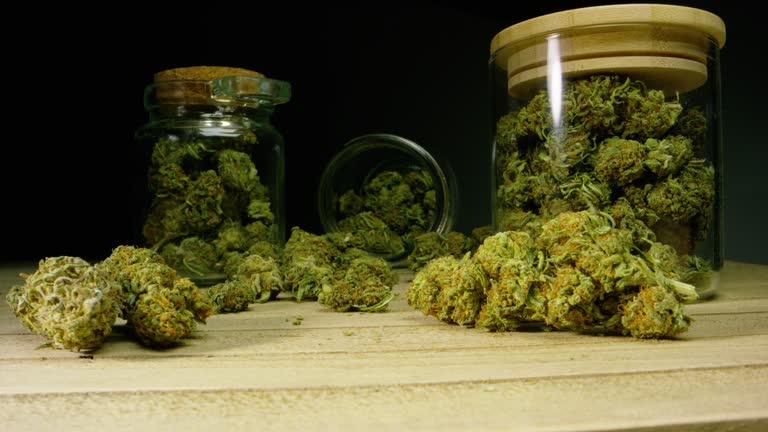Weed, also known as cannabis or marijuana, has garnered increasing attention in recent years, transitioning from a largely criminalized substance to one that is legally embraced in various parts of the world. The evolving perception of weed is rooted in its wide array of applications, both recreational and medicinal, which have sparked a larger cultural shift. While weed’s effects are often celebrated by users, it remains controversial due to the complexities surrounding its health implications and the debate over its legalization.
Cannabis is composed of numerous chemical compounds, with the most notable being THC (tetrahydrocannabinol) and CBD (cannabidiol). THC is the psychoactive element responsible for the “high” that recreational users seek, inducing sensations of euphoria and altered sensory perception. In contrast, CBD, which is non-psychoactive, has earned recognition for its potential medicinal properties, particularly in reducing anxiety, managing chronic pain, and improving sleep. Over the years, CBD-based products like oils, tinctures, and edibles have become mainstream, offering a less intense experience for those seeking the benefits of cannabis without the high.
The rise of medical marijuana has revolutionized the way cannabis is viewed, with patients using it as an alternative to traditional pharmaceuticals. For those with conditions such as chronic pain, arthritis, and even conditions like epilepsy, cannabis has proven to be a life-changing treatment. The versatility of cannabis, particularly its potential to alleviate symptoms of anxiety, stress, and insomnia, has made it a powerful tool in the wellness industry. It’s not just about relaxation; research also points to its ability to assist in reducing inflammation, preventing nausea, and even stimulating appetite—benefits that are especially valuable for people undergoing treatments like chemotherapy.
Despite its growing popularity, weed is not without its drawbacks. Critics often point to the risks associated with long-term or excessive cannabis use, particularly in regard to mental health. Studies have shown that prolonged use, especially among young people, can impair cognitive function, leading to issues with memory, attention, and decision-making. In some cases, heavy use of cannabis has been linked to anxiety and even psychosis, particularly when used in excess or by individuals predisposed to mental health conditions. These risks are heightened when cannabis is used in combination with other substances like alcohol.
Moreover, while cannabis is often perceived as a safer alternative to smoking tobacco, it is not entirely without harm. Smoking marijuana can irritate the lungs and lead to respiratory issues, similar to the harmful effects of tobacco smoke. As a result, some users are opting for alternative consumption methods like vaporizers, which heat cannabis to release its active compounds without burning it. Edibles, oils, and tinctures also offer less harmful ways to consume cannabis, though they come with their own unique risks, such as difficulty in controlling dosage.
The legal landscape surrounding cannabis has evolved rapidly, with many regions decriminalizing or fully legalizing its use. Countries like Canada and a number of U.S. states have paved the way for a regulated cannabis industry, where consumers can purchase products from licensed dispensaries, ensuring quality and safety. Despite this, many regions still maintain strict prohibitions against cannabis, and those caught in possession may face severe legal consequences. As public opinion shifts toward more lenient policies, the cannabis industry is growing, not only in terms of recreational use but also as a significant driver of tax revenue and job creation.
In conclusion, weed is a multifaceted substance with both remarkable benefits and serious risks. Whether used recreationally or medicinally, its impact on the body and mind varies depending on dosage, method of consumption, and individual health factors. While the medicinal potential of cannabis continues to be explored, its recreational use must be approached with caution, especially among young people and those with underlying mental health conditions. As research advances and regulations adapt, the future of cannabis remains one of both opportunity and responsibility. For users, understanding the full scope of weed’s effects and making informed choices is crucial to ensuring its benefits outweigh the risks.

